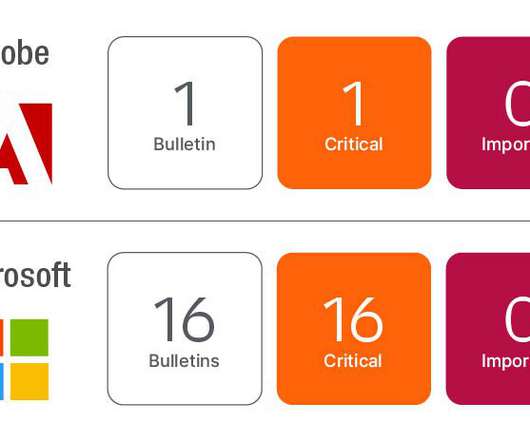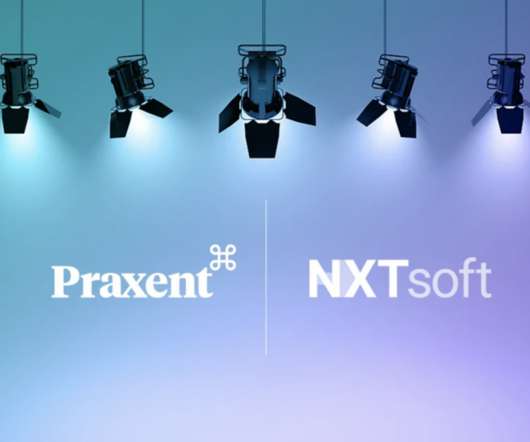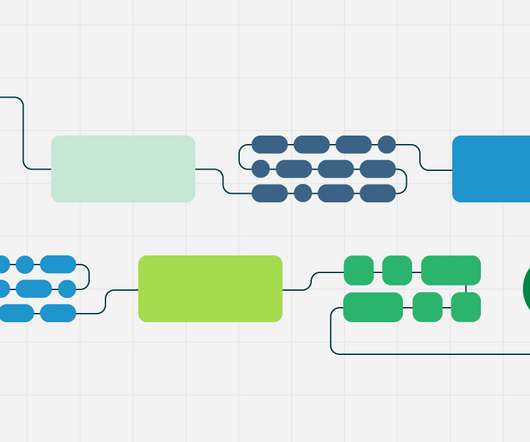October Patch Tuesday 2022
Ivanti
OCTOBER 11, 2022
Microsoft advises it will release the additional Exchange fixes when they are ready, but does provide mitigates in a blog post. Another important note regarding Adobe this month is the end of support for Adobe Acrobat 2017 Classic and Acrobat Reader 2017 Classic. Zero day vulnerability. Publicly disclosed vulnerabilities.













Let's personalize your content